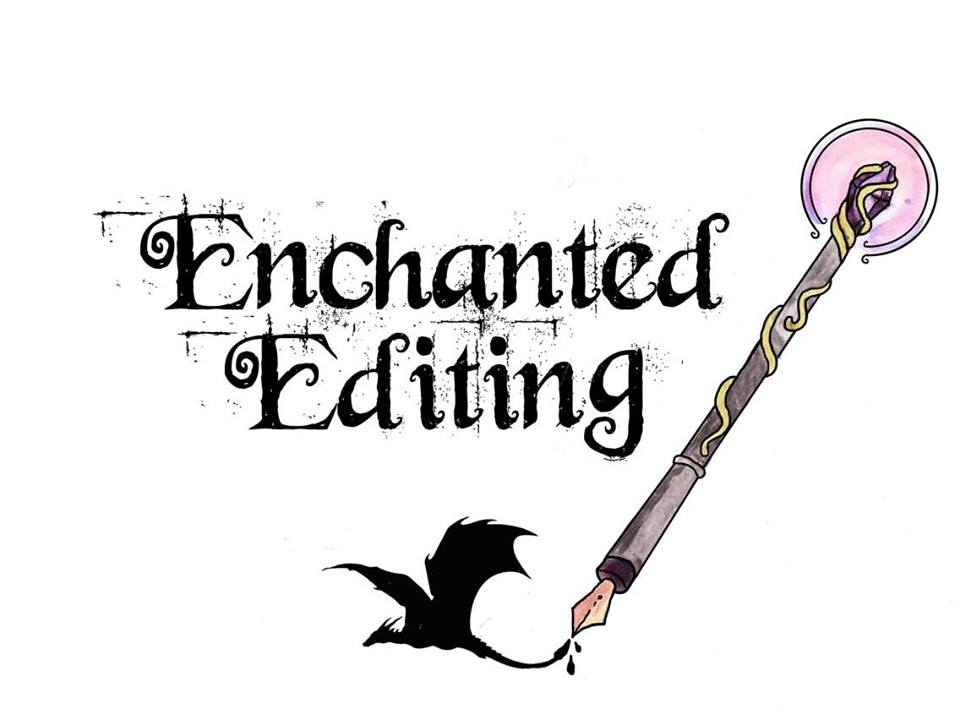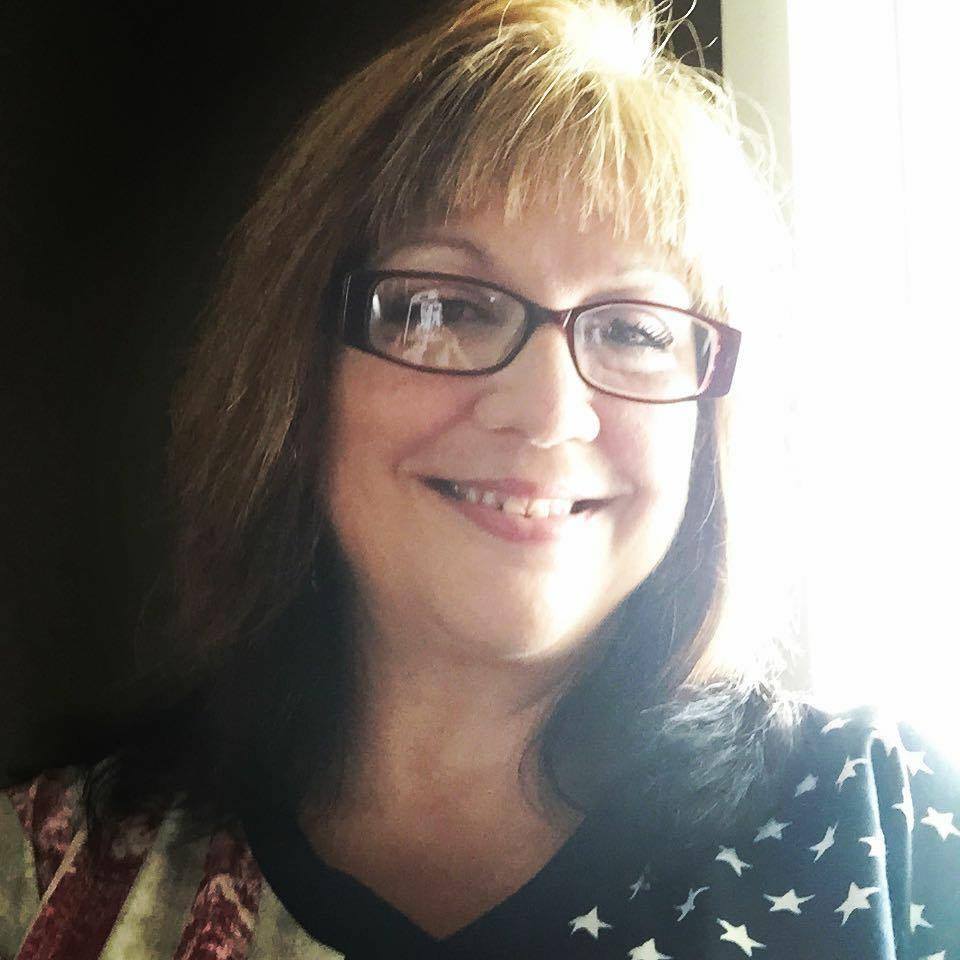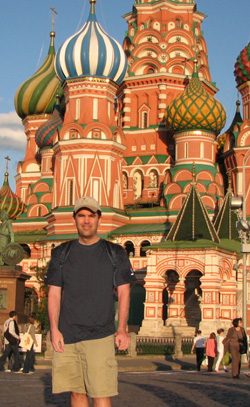Tuesday Takeover: Do you need to hire a copy editor? by Vikki Becker

Do you need to hire a copy editor?
The short answer to this question is yes. There will be some who will disagree with me. And that’s ok. Everyone has their own views on this subject. Am I biased because I’m a copy editor? Possibly. I really think my opinion comes from being an obsessive lover of books. Words excite me. Improperly used words annoy me. When I begin reading a new book I feel a sense of wonder. It’s like I’m that little kid with her first library card all over again, anticipating the magical worlds about to unfold as I open the first page to a newly discovered book. Every now and then that excitement is quickly diminished by errors, many errors. If there are just a few? That’s fine, we’re all humans who make mistakes. No one is perfect, not even copy editors. *gasp* (There is a strong possibility there are small errors in this article. Because, although I have excellent reviews for my editing, I am a mere woman.)
If I’m seeing errors on nearly every page I’m going to set a book down. I just can’t allow the magic of the story to take hold amidst the chaos of poor editing. My brain should be drifting off into a beautiful, or not so beautiful, new world. Learning, hoping, loving, hating, and fighting with all of the characters. But I can’t focus on the story! There is the inevitable eye roll while I am contemplating sending an anonymous letter to the author, begging them to hire a professional editor. I haven’t actually done this. Just like I don’t “actually” punch people in the face who chew with their mouth open. I do, however, fantasize about both. More frequently than is normal for a sane person.
Editing our own work is difficult at best. Part of that comes from the fact that when we put the story down, it’s as we saw it, dreamed of it. When we go back to read it again, attempting to self-edit, we still see what we had “intended”, not what we actually wrote. Our minds are tricky little boogers. Someone else, however, can step in with fresh eyes, a new perspective, and the skills to polish the manuscript, in a way that the writer, often, cannot. A good editor will make you comfortable with allowing them to work with you on your baby. He/she will also be true to your voice and vision in the work. Yes, an editor makes corrections. But don’t take that to mean that they can completely butcher and reimagine your work, You are the author, it is your story. So make sure you are a part of the process, that you have an open line of communication, feedback, and that you are very clear about what you do and don’t want from the editing job. It won’t be cheap to hire a professional editor. But what quality services are cheap? It’s important to feel confident before you push that publish button on Amazon or elsewhere. You don’t want to look back a year from now, thinking “if only I’d hired an editor, my book would be more polished, more professional”.
I speak from experience. Yes, I’m an editor. However, I was part of a writing project that others had control over. I only submitted a story, that was the end of my involvement. I had assumed proper editing would be done. The publisher didn’t want anyone who was part of the writing to be the one who edited the book. Unfortunately it wasn’t handled well by the editor who was hired. I no longer promote or associate myself with this book, as it’s an embarrassment. It’s a lesson learned, one I won’t soon forget. Having my first published work turn into an embarrassment was quite disheartening. My hope is that those reading this will be able to avoid this mistake. But I won’t give up. I’m pressing on, chasing the dream! And you should too! I’m sure my fellow editors will agree with this last statement. Please, for the love of the written word, stop having your Mom’s best bud’s neighbor edit for you because she got A’s in English. Just stop.

Vikki lives in Northern Alabama with her hunky husband, the youngest of their six children, three dogs, and a cat who thinks she’s a dog. She’s recently started writing again, after setting it aside to raise and homeschool her kids. She’s been editing for several years now, with rave reviews from clients, and is thrilled to be able to work from home at a job that she adores. When not curled up in the recliner with the laptop and her ShihTzu, Rebel, you’ll find her camping in the woods, drifting on the four wheeler, slinging mud.
You can find Vikki here: www.enchantedediting.com ~ vikkibecker@gmail.com ~ www.facebook.com/enchantedediting ~ @EnchantedEdit



